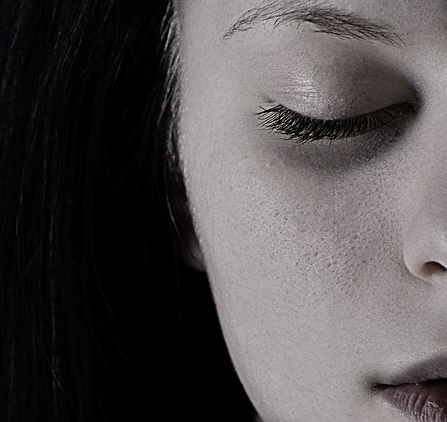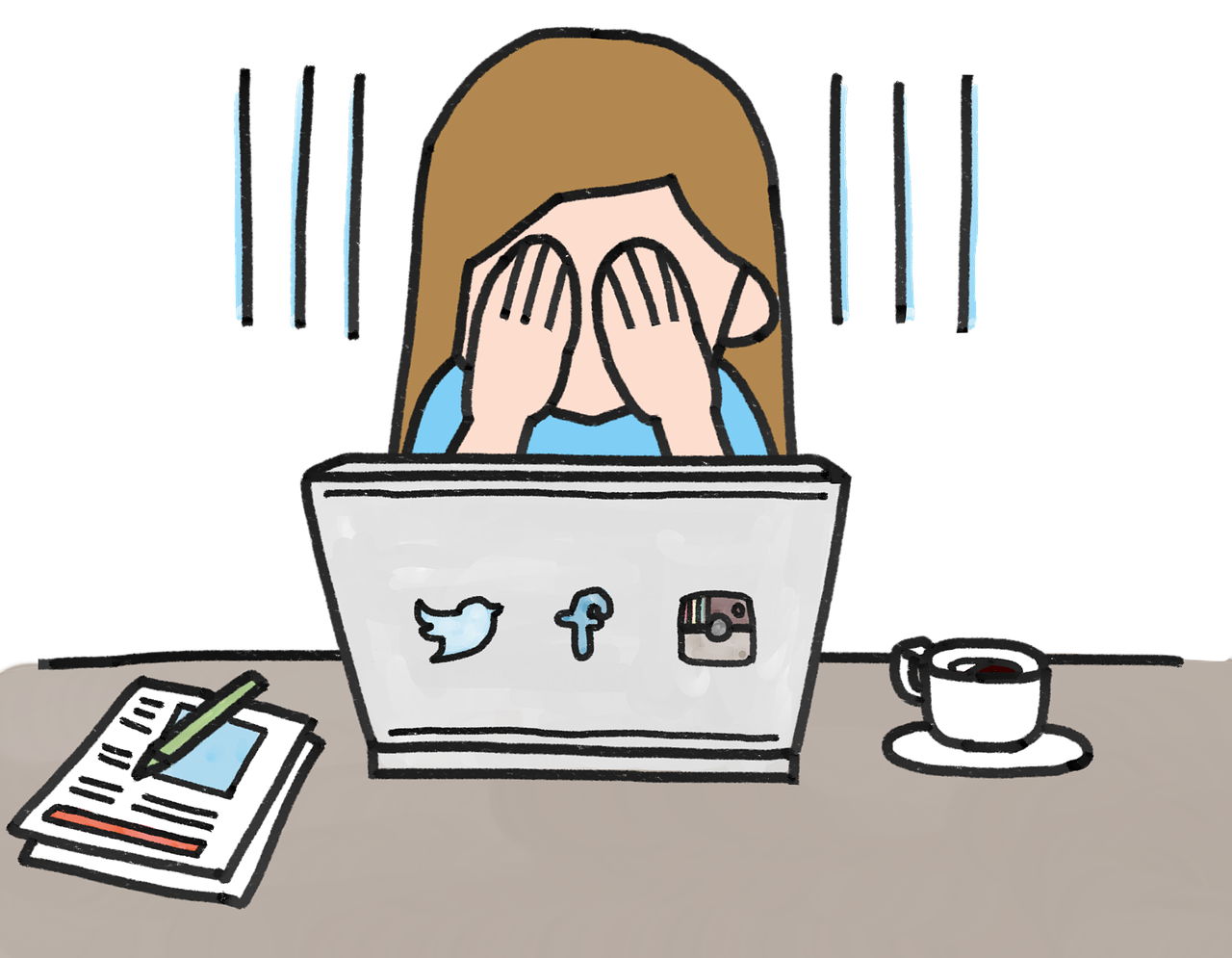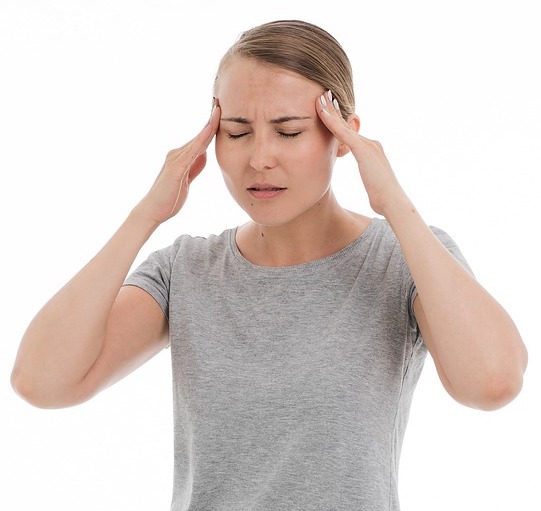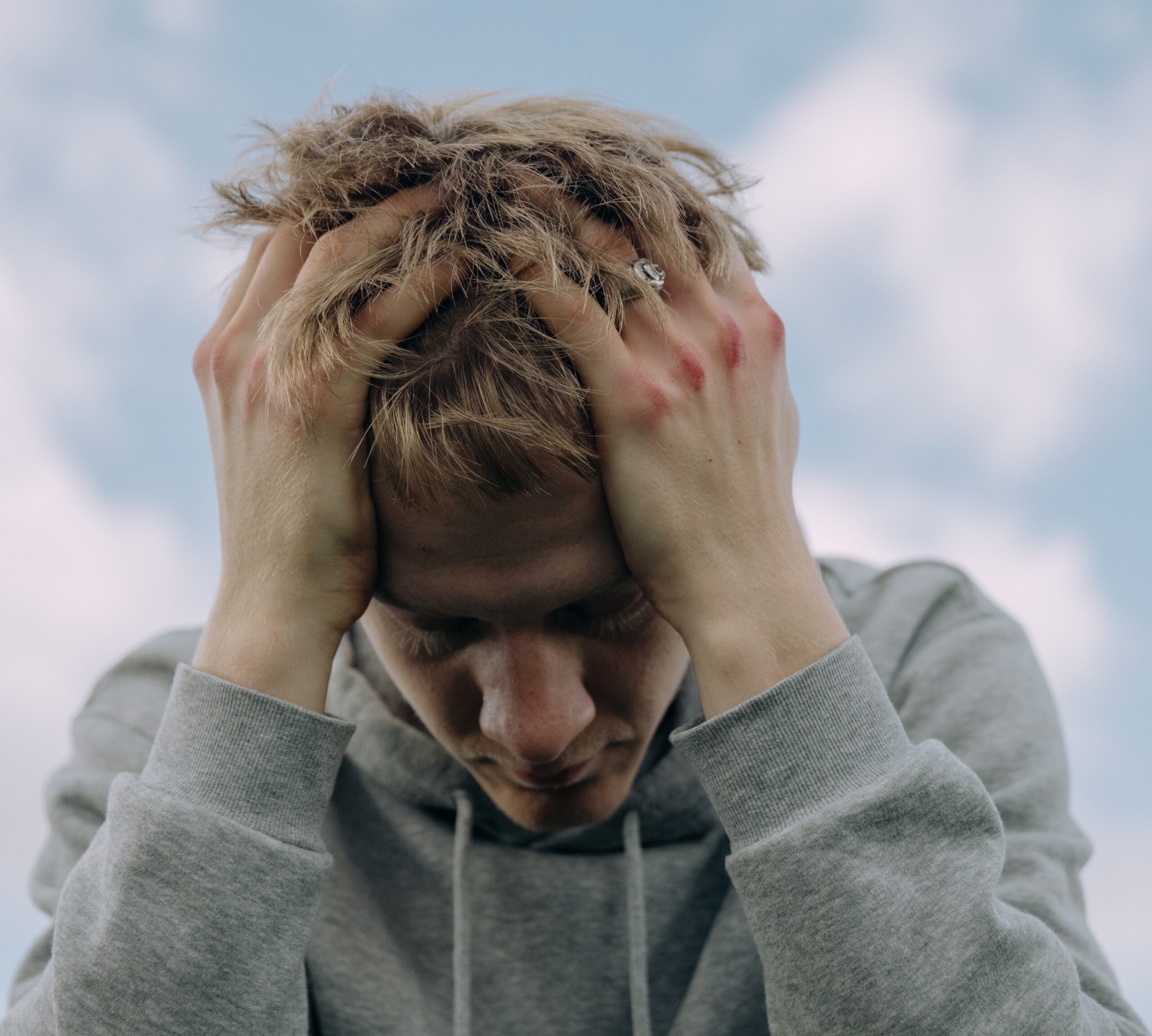 In the simplest terms: burnout occurs when the stress we experience exceeds our capacity to cope with that stress. Some individuals may be able to thrive – at least in the short term – under high stress. However, chronic stress without relief eventually begins to take a toll on even the most resilient individuals.
In the simplest terms: burnout occurs when the stress we experience exceeds our capacity to cope with that stress. Some individuals may be able to thrive – at least in the short term – under high stress. However, chronic stress without relief eventually begins to take a toll on even the most resilient individuals.
The Difference Between Burnout and Depression
Although burnout and depression share some commonalities, they are different diagnoses with different treatments. While the World Health Organization recognizes burnout as a legitimate diagnosis, it’s not yet in the diagnostic manual that clinicians (including doctors and mental health professionals) use in the United States, while depression is. This results in burnout (a cluster of symptoms that often resemble depression) being often diagnosed as “simply” depression.
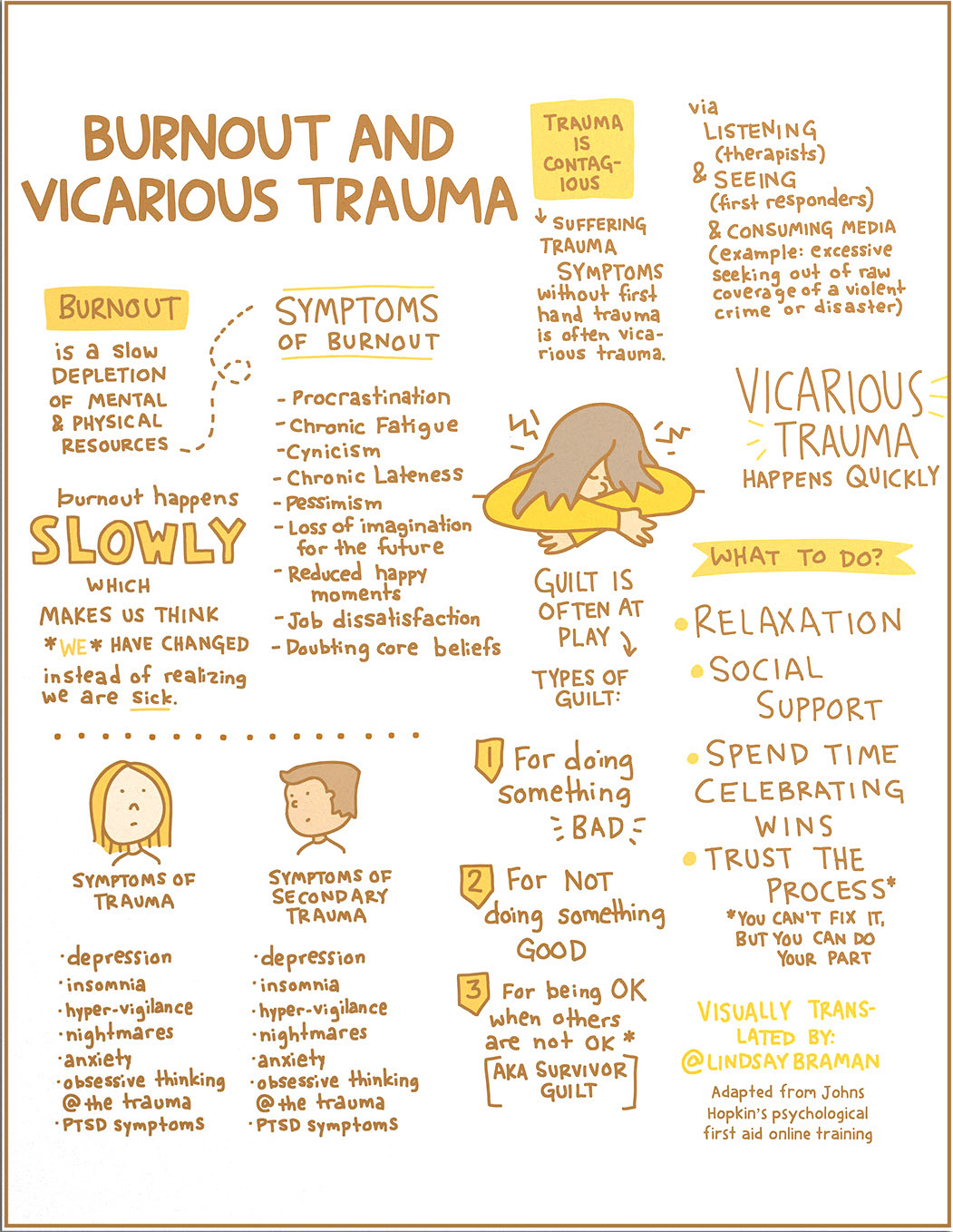
Burnout May Happen in Days, Weeks, or Years
Burnout looks different for every individual. Essentially, burnout occurs when we no longer have the tools to cope with the stress we experience. For some, burnout may happen quickly in response to enormous amounts of stress. Imagine: a disaster response aid worker working 18-hour days for just a few weeks in a place where they feel isolated from anyone to process the experience with. For others, the process can happen very slowly. For example: a teacher who used to love their job but loses their enthusiasm, interest, or even empathy for teaching students over the course of years.
Both types of burnout (and the entire spectrum in between) are serious. Though, for many, it’s far more difficult to recognize burnout when the onset is gradual.
Symptoms of Burnout
Burnout is a slow depletion of mental and physical resources. The symptoms include:
- procrastination
- chronic fatigue
- cynicism
- pessimism
- loss of imagination for the future
- reduced (frequency of) happy moments
- job dissatisfaction
- doubting core beliefs
Burnout happens slowly, which makes us think that we have changed instead of realizing we are sick.
Vicarious Trauma
Vicarious trauma happens quickly. Trauma is contagious. Suffering trauma symptoms without firsthand trauma is often vicarious trauma.
Vicarious trauma occurs via:
- Listening (like therapists, dispatchers, or aid workers)
- By seeing (like first responders and witnesses to someone else’s trauma), and
- Even through consuming media (for example: excessive seeking out of raw coverage of a violent crime or disaster can result in vicarious trauma).
In the type of burnout that comes with vicarious trauma, guilt is often at play. There are three types of guilt:
- guilt for doing something bad
- guilt for not doing something good
- guilt for being okay when others are not okay [a.k.a. survivor guilt]
Getting Treatment for Burnout
Just like how burnout can set in over the course of many years or just a few weeks, the duration and recovery period for people experiencing burnout can also vary widely.
Often, relief from the initial cause is not enough to reduce or eliminate the symptoms of burnout. For these individuals, medical or psychological treatment of individual symptoms (such as depression, insomnia, or panic attacks) may be needed to recover from burnout fully.
Excerpted from “Burnout, Compassion Fatigue, and Vicarious Trauma” by . Read the full post on her website, where you may also purchase a downloadable PDF of this educational tool for personal or professional use. This infographic was adapted from a psychological first aid online training offered by George Everly, Jr., PhD at Johns Hopkins University.
Source: Lindsay Braman | Burnout, Compassion Fatigue, and Vicarious Trauma, https://lindsaybraman.com/burnout-syndrome | © 2022 Lindsay Braman. Infographic republished with permission. Content is for educational purposes only.
A screening can help you determine if you or someone you care about should contact a mental health professional. CHC teletherapy services are available now. Call or email our Care Coordinators at 650.688.3625 or careteam@stage.chconline.org to set up a free 30-minute Care Consultation.

